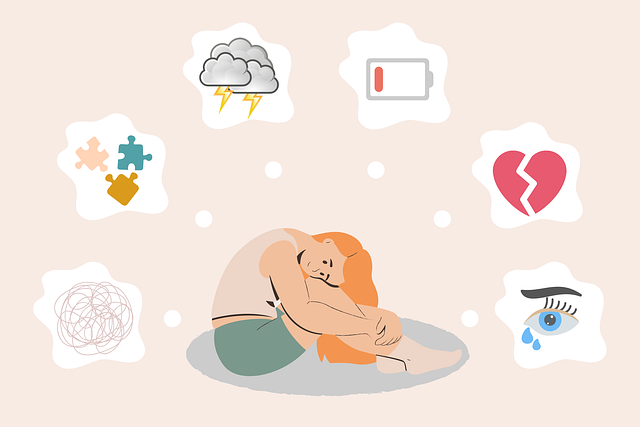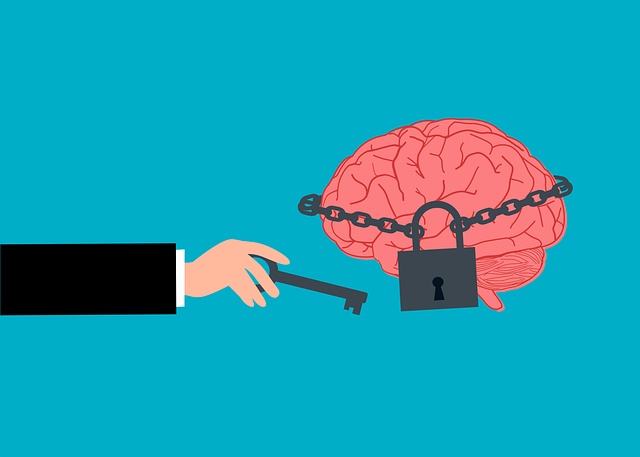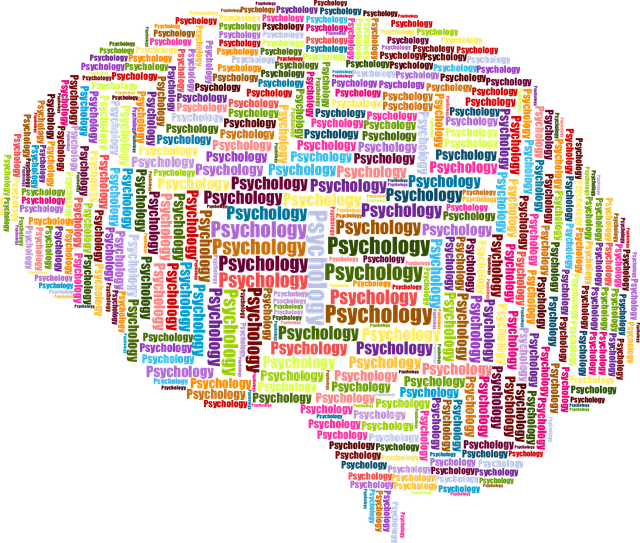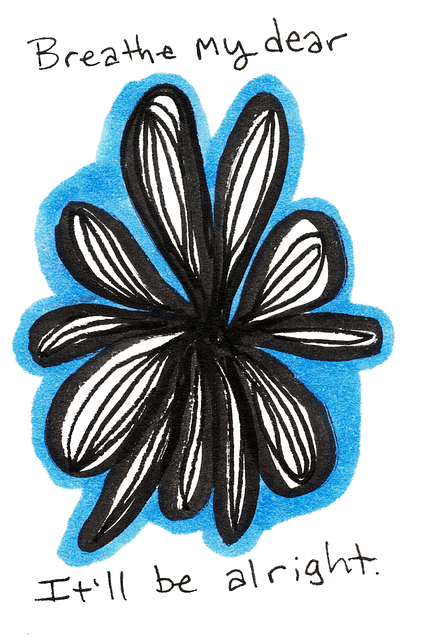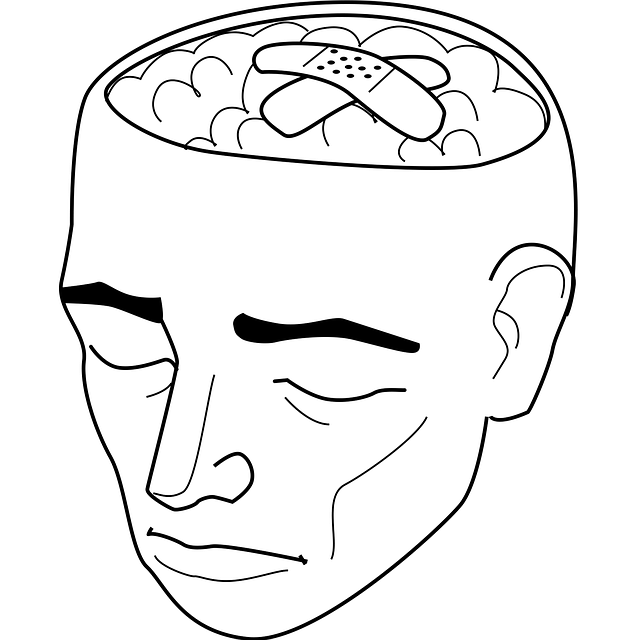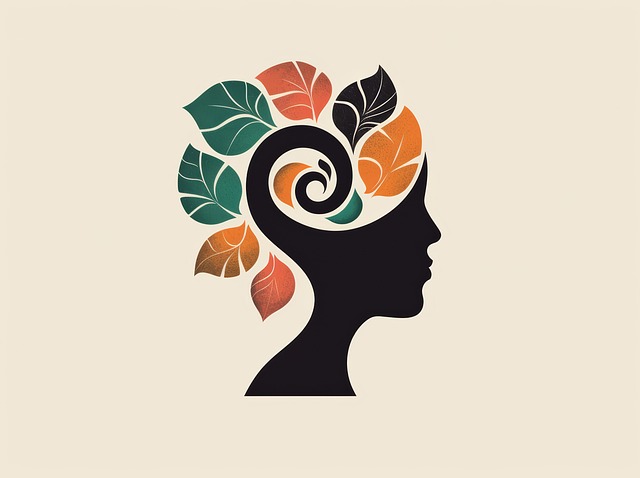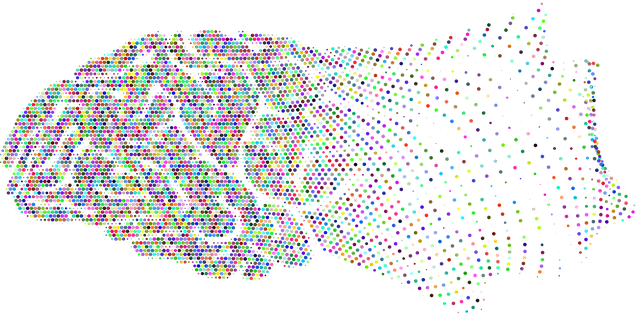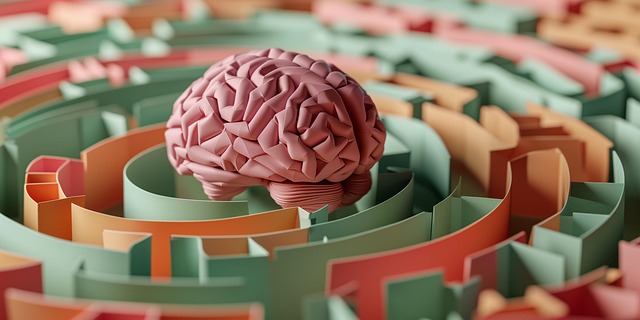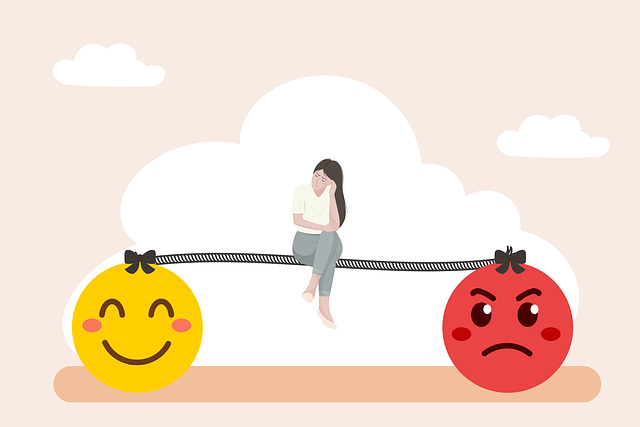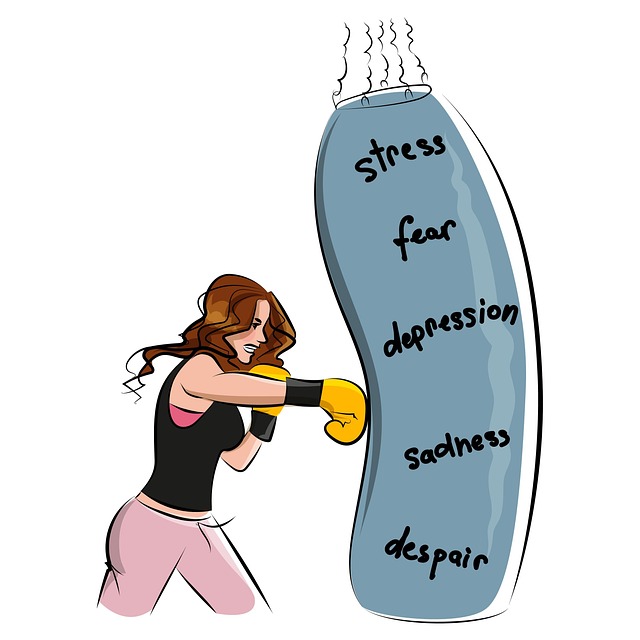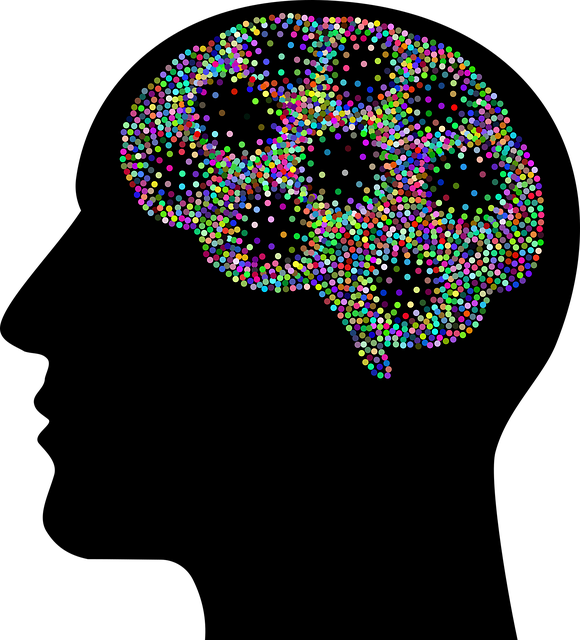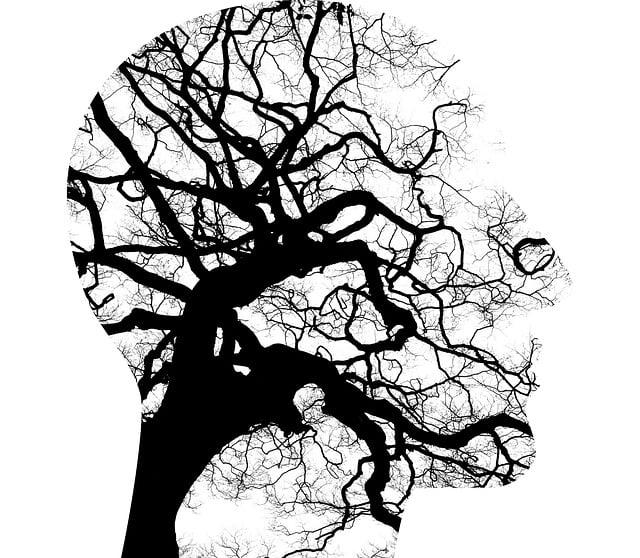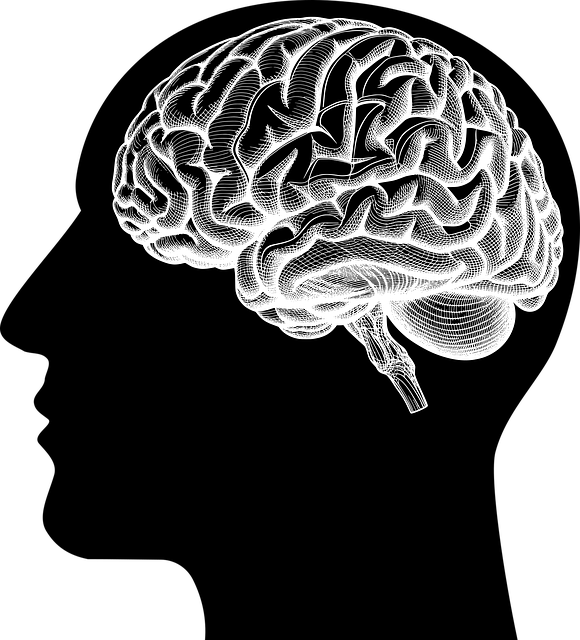Anxiety, a complex emotion, significantly impacts daily living, but Wheat Ridge Geriatrics Therapy offers effective coping strategies. Recognizing symptoms like increased heart rate and worry is key, while self-awareness through journaling helps identify triggers. Mindfulness exercises, such as breathing or meditation, promote peace and detachment from anxious thoughts, fostering resilience against life's stressors. Combining these practices with a healthy lifestyle, including regular exercise and balanced nutrition, empowers individuals to manage anxiety and improve overall well-being.
Anxiety is a common yet overwhelming experience that affects millions. At Wheat Ridge Geriatrics Therapy, we offer comprehensive guidance on managing anxiety through tailored techniques. This article delves into understanding anxiety’s signs and triggers, exploring effective treatments like Cognitive Behavioral Therapy (CBT) and the power of mindfulness. Additionally, discover lifestyle changes—from exercise and diet to sleep strategies—that can significantly improve mental health.
- Understanding Anxiety: Recognizing the Signs and Triggers
- Cognitive Behavioral Therapy (CBT): A Powerful Tool for Overcoming Anxiety
- Mindfulness and Meditation: Finding Calm in a Chaotic World
- Lifestyle Changes for Better Mental Health: Exercise, Diet, and Sleep Strategies
Understanding Anxiety: Recognizing the Signs and Triggers

Anxiety is a common yet complex emotional state that can significantly impact an individual’s daily life and overall well-being. Recognizing the signs and understanding triggers are essential steps in managing anxiety effectively, especially for those seeking geriatrics therapy in Wheat Ridge. Symptoms can range from physical sensations like increased heart rate, muscle tension, and difficulty breathing to cognitive changes such as persistent worry, fear, or restlessness.
Mental health professionals often emphasize the importance of self-awareness exercises to help individuals identify their anxiety triggers. This may include keeping a journal to track thoughts, emotions, and situations that lead to anxious episodes. By understanding these triggers, whether they are related to specific environments, people, or memories, individuals can develop personalized strategies for emotional well-being promotion techniques, such as mindfulness practices, cognitive-behavioral therapies, or relaxation exercises, which can effectively manage and reduce anxiety symptoms over time.
Cognitive Behavioral Therapy (CBT): A Powerful Tool for Overcoming Anxiety

Cognitive Behavioral Therapy (CBT) is a highly effective approach to managing anxiety, offered by professionals at Wheat Ridge Geriatrics Therapy. This evidence-based therapy focuses on identifying and modifying negative thought patterns and behaviors that contribute to anxiety disorders. By teaching individuals to challenge their anxious thoughts and replace them with more realistic and positive ones, CBT empowers people to regain control over their emotions and reactions.
Through structured sessions, patients learn valuable communication strategies and coping mechanisms to navigate stressful situations. The therapy also promotes positive thinking, helping individuals reframe challenges as opportunities for growth. With consistent practice, these techniques can significantly reduce anxiety symptoms, leading to improved overall well-being. Many Stress Management Workshops Organization benefit from CBT’s ability to equip participants with lifelong tools for managing anxiety effectively.
Mindfulness and Meditation: Finding Calm in a Chaotic World

In today’s fast-paced world, finding moments of calm can be a challenge. This is where mindfulness and meditation step in as powerful tools for managing anxiety. Wheat Ridge Geriatrics Therapy recognizes the importance of these practices in promoting mental well-being. By focusing on the present moment, mindfulness helps individuals detach from anxious thoughts and fears, fostering a sense of peace. Simple breathing exercises or body scans can be practiced anywhere, making it an accessible coping skill development method.
Meditation, often associated with quiet contemplation, allows for a deeper connection with one’s thoughts and emotions. It encourages acceptance and non-judgmental awareness, enabling individuals to navigate life’s stressors with greater ease. Incorporating mindfulness and meditation into daily routines can significantly contribute to overall mental health education programs design. These practices are not just about stilling the mind but about cultivating resilience and a healthier relationship with anxiety.
Lifestyle Changes for Better Mental Health: Exercise, Diet, and Sleep Strategies

Maintaining a healthy lifestyle is an integral part of managing anxiety and fostering mental well-being. Regular exercise plays a significant role in reducing stress levels and improving mood, acting as a powerful tool in your Wheat Ridge Geriatrics Therapy arsenal. Aim for a mix of cardiovascular exercises and strength training to boost your body’s natural endorphin production, which can alleviate symptoms of anxiety and promote a sense of calm.
Nutrition also contributes to mental health significantly. A balanced diet, rich in fruits, vegetables, whole grains, and lean proteins, ensures your body receives the necessary nutrients for optimal functioning. Reducing caffeine and sugar intake can help stabilize mood swings and energy levels, while incorporating foods known for their anxiety-soothing properties, such as those high in omega-3 fatty acids and magnesium, may further enhance mental resilience. Remember, these lifestyle changes, coupled with effective therapy and compassion cultivation practices, can empower individuals to develop inner strength and navigate life’s challenges with greater ease.
Anxiety management is a comprehensive journey that combines understanding, therapy, mindfulness, and lifestyle adjustments. By recognizing signs and triggers through practices like Cognitive Behavioral Therapy (CBT) at Wheat Ridge Geriatrics Therapy, individuals can gain valuable tools to overcome anxiety. Incorporating mindfulness, meditation, and healthy lifestyle changes, including exercise, diet, and sleep strategies, enables a holistic approach to managing anxiety effectively. These techniques empower individuals to navigate life’s challenges with increased resilience and improved mental health.
